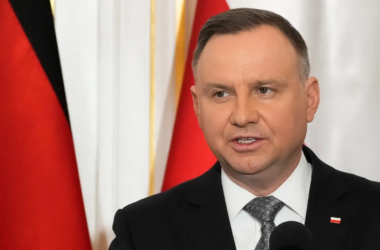With Ukraine relying on European trade to sustain its war economy, the looming expiration of the EU’s temporary trade measures has sparked intense debate. Initially introduced in June 2022 and extended last May, the tariff-free access for Ukrainian goods is set to expire on June 5, 2025. While Kyiv is pushing for an extension, internal EU pressures make a seamless renewal unlikely.
For Ukraine, losing these trade benefits could mean a $3.5 billion hit to its economy, a devastating blow as the country remains reliant on exports. Finance Minister Serhiy Marchenko stressed the stakes, telling the Financial Times, “The European Union is our key trade partner… it would be really damaging if we [found] ourselves in a situation which we had before the war.”
But in the EU, the picture is far more complicated. Farmers in Poland, Hungary, Slovakia, and Bulgaria have fiercely opposed Ukrainian agricultural imports, arguing they undercut local producers. France and Poland’s powerful industrial sectors have also raised concerns, with European sugar producers claiming Ukrainian imports have driven prices down by more than 30% over the past year. Similar anxieties grip the grain, poultry, and dairy industries, prompting strong lobbying against a renewal.
While the European Commission scrambles to draft a proposal, whether it can secure enough support remains unclear. An EU official told the Financial Times that long-term negotiations “have not progressed and it is too late for that now,” leaving only a short-term extension as a possible fallback.
Beyond Brussels, uncertainty over U.S. military aid has added another layer of pressure on Ukraine’s economy. Marchenko warned that without American support, Kyiv would face a “very dramatic situation” with few immediate alternatives.
With time running out, EU representatives met on March 25 to debate the future of Ukrainian imports. If no agreement is reached, Kyiv may be forced to look elsewhere. Agriculture Minister Vitaliy Koval indicated Ukraine is already exploring expanded trade routes in Africa and the Middle East.
For now, the clock is ticking—and so is Ukraine’s ability to keep its economy afloat.




